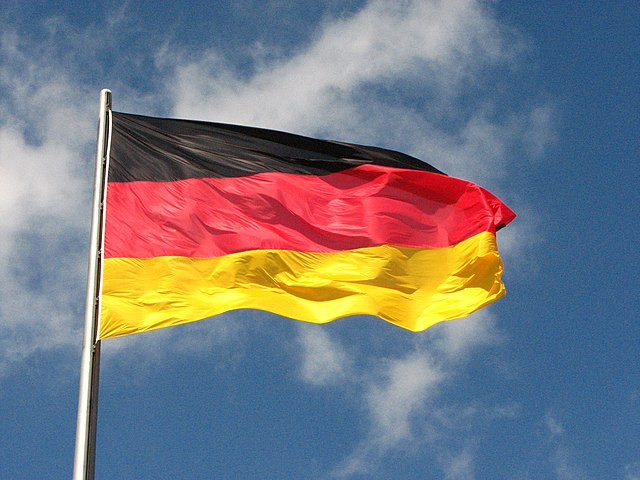Germany's centrist parties reached a formal coalition agreement on Wednesday, setting the stage for Christian Democratic Union (CDU) leader Friedrich Merz to become the country's next chancellor, just as U.S.-imposed tariffs under President Donald Trump begin reverberating through Europe's largest economy. The deal, struck between the CDU, its Bavarian sister party the Christian Social Union (CSU), and the center-left Social Democratic Party (SPD), follows weeks of contentious negotiations and comes amid growing fears of a recession.
"This coalition agreement is a signal of departure and a powerful statement for our country," Merz said at a joint press conference in Berlin. "The future coalition will reform and invest to keep Germany stable, make it safer and economically strengthen it. Europe too can rely on Germany."
The coalition deal must now be ratified by party members before the new government takes office. It comes at a time of heightened economic uncertainty, with the Trump administration's sweeping "reciprocal" tariffs shaking investor confidence and threatening key sectors of Germany's export-heavy economy. Trump's policies have also injected fresh volatility into global markets and placed added pressure on NATO allies to raise defense spending.
Merz's CDU won the most votes in February's federal election but fell short of an outright majority. The far-right Alternative for Germany (AfD) surged into second place, nearly doubling its support, while the SPD-until recently the senior partner in a three-way governing coalition-placed third. An Ipsos poll released Wednesday showed the AfD leading nationally for the first time, with 25% support, just ahead of the CDU at 24%.
"For the first time in the still-young history of the AfD, we are the strongest force in Germany," AfD co-leader Alice Weidel wrote on X. "Thank you for your tremendous trust-the political change will come!"
In a bid to counter the AfD's rise and respond to voter concerns, Merz has promised to tighten immigration policies and increase defense spending. He also pledged to accelerate fiscal reform, including changes to Germany's constitutional "debt brake" to allow new investment in military and infrastructure projects.
The new coalition is expected to face immediate tests from both economic and geopolitical fronts. Trump's escalating tariffs have already sparked concern across Europe. Germany, which depends heavily on exports of industrial goods, machinery, and vehicles, has been particularly vulnerable. The SPD and CDU clashed over tax policy and migration during coalition talks, but eventually converged around a shared platform aimed at preserving economic stability and addressing security concerns.
The unusual backdrop of the negotiations-taking place amid Trump's tariff regime, U.S.-Russia tensions, and ongoing war in Ukraine-prompted Merz and other party leaders to push for a swift agreement ahead of the Easter holiday. Germany has operated under a caretaker government since the previous coalition collapsed in November.






